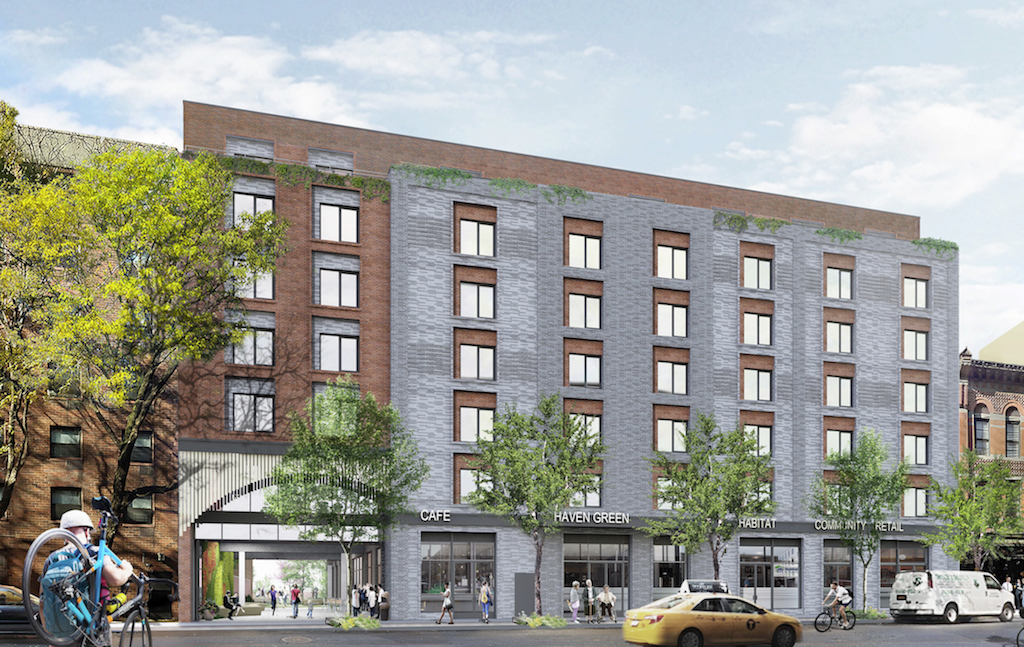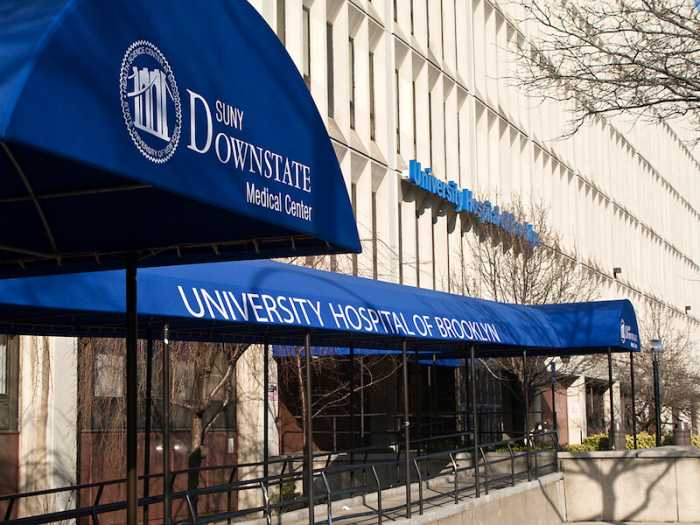BY MELISSA AASE AND ERIC WEINGARTNER | University Settlement unequivocally supports senior affordable housing and the Haven Green project on Elizabeth St. While the choice may be a difficult one — as many land-use choices can be — our community should choose and welcome affordable housing.
In this instance, the proposed development includes significant public and open space, making that choice a little easier.
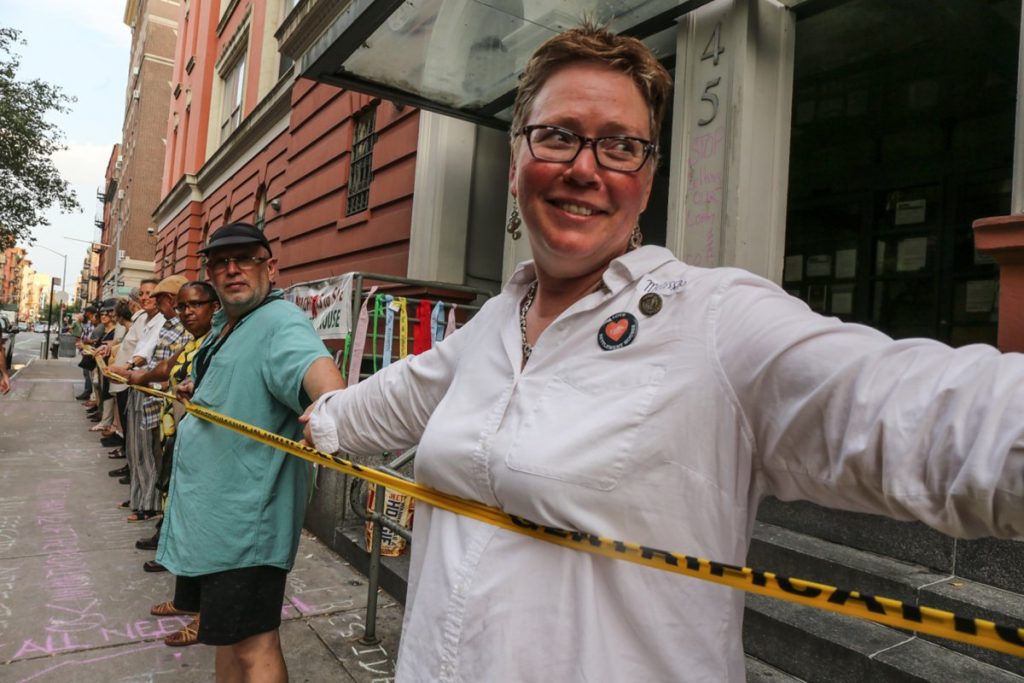
We recognize the new building would represent a loss to the volunteers who have worked in the last few years to animate that piece of city land as the Elizabeth St. Garden. But we encourage everyone, including the New York City Planning Commission and City Council, to make this choice based on the greater basic human need in all of our communities, for affordable housing.
University Settlement opened our doors on the Lower East Side of Manhattan in 1886, a few blocks from this very site. We currently serve 40,000 New Yorkers of all walks of life at more than 30 locations in Manhattan and Brooklyn. We were founded on the belief that every person is an asset to the community’s well-being and quality of life. Our founding progressive mission is to work with neighbors to create a livable, healthy, equitable city, fundamentally assured through meeting the basic needs of all.
The elder population is growing more rapidly than other segments of the city’s residents, rising more than 26 percent in the last 10 years. Currently, more than 200,000 low-income seniors are on waiting lists for senior housing; five thousand of those seniors who are waiting for an affordable, physically accessible home are in our local community — and we know that this number does not represent everyone in need.
University Settlement’s housing protection program, Project Home, sees the crisis first-hand. More than 750 neighbors with housing crises come to us each year, and we have noted acute issues on Janet Freeman Way (Elizabeth St.’s co-name, named for a fierce community housing advocate we lost too soon).
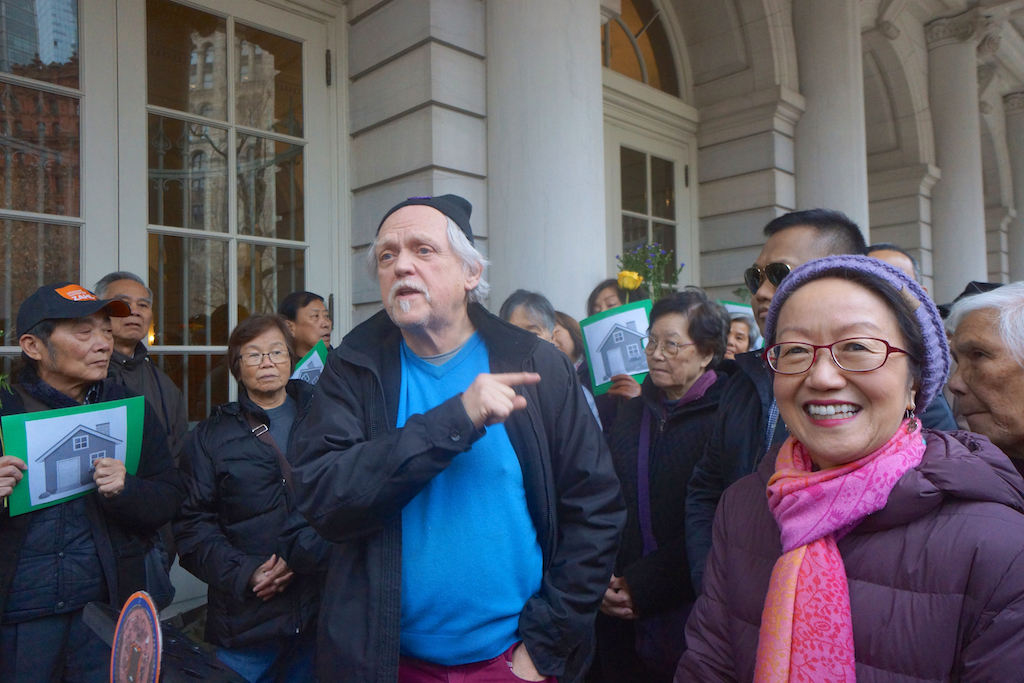
Through Project Home, we have directly assisted more than 105 households on Elizabeth St. and in Nolita near the proposed Haven Green site — and more than 60 percent were seniors. These cases included fighting for repairs because of terrible conditions; responding to fires and advocating for tenants to return to their homes; standing up to landlord harassment to buy tenants out for minuscule amounts; defending against spurious eviction suits; protecting from harassment through unending renovation; dealing with thorny lease renewal, arrears payment and succession issues, and more.
Projects like Haven Green are an important part of the solution to this crisis.
Haven Green is a meaningful compromise put forward by partners committed to the greater good. It preserves 8,400 square feet of open and public space (with 6,700 of that green space, open to the sky) that can and should be cooperatively programmed and activated by all the neighbors surrounding this site. (To help the imagination, a standard basketball court is about 5,000 square feet.)
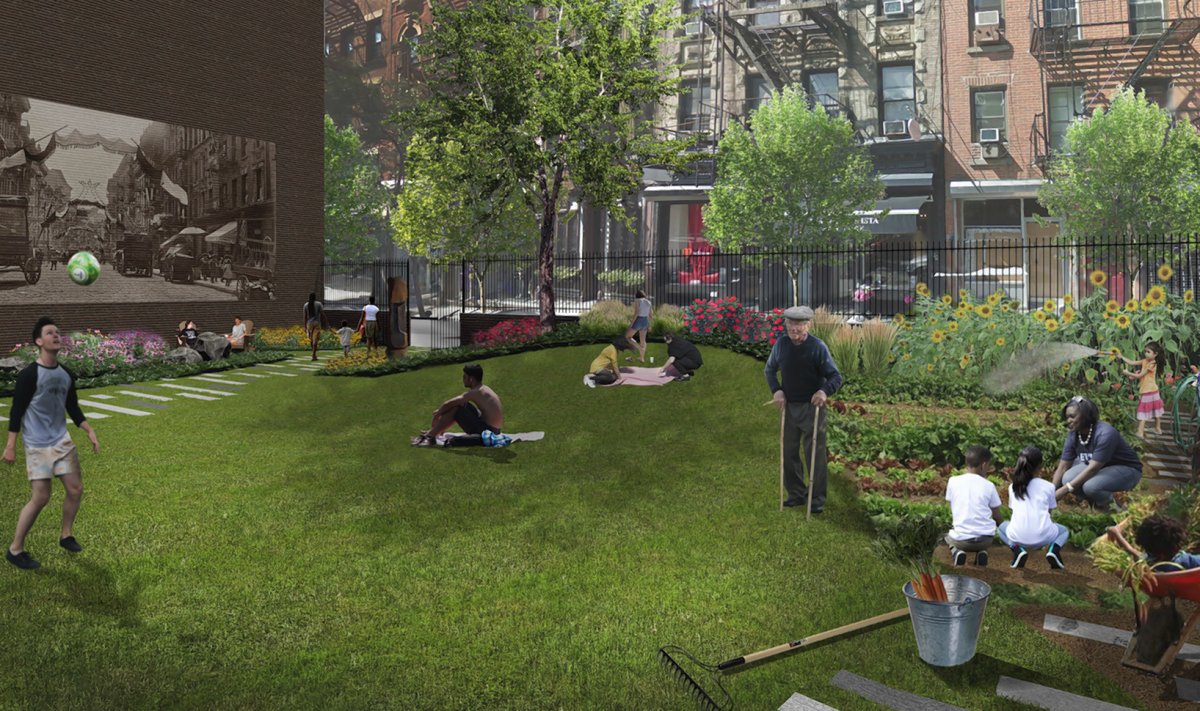
There is also a large public park two blocks away from the site, with active neighbors and invested organizations like ours, who welcome more volunteers, ideas and investment. The incredible energy of the Elizabeth St. Garden supporters would be invaluable in welcoming — and volunteering with — new elder neighbors on Elizabeth St., and continuing to improve our community equitably, literally from the ground up in several locations.
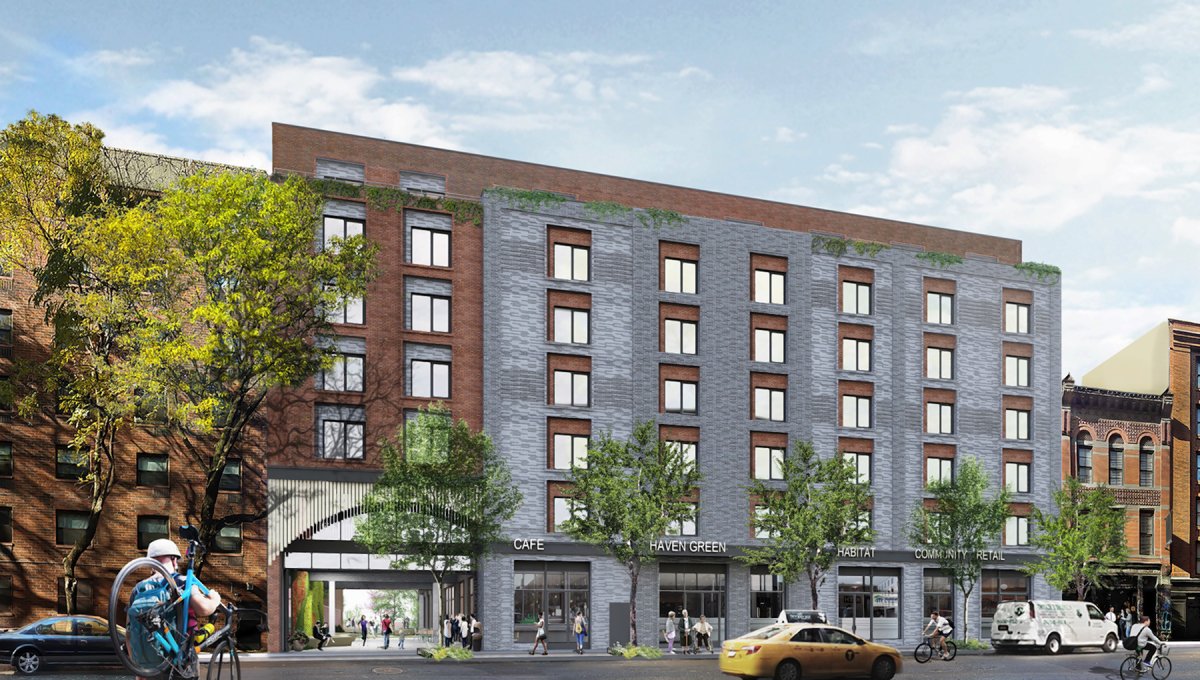
University Settlement is no stranger to fighting for open green space and public parks. In fact, one of our founders, Charles Stover, was a quiet crusader for parks. Known as the “Founder of Outdoor Playgrounds,” Stover launched the Outdoor Recreation League in 1898 and served as the city’s Parks commissioner.
At the same time, he and others worked to establish the first housing habitability codes for New York City. We don’t dispute the need for green. But even higher on the priority list is safe, affordable housing, particularly for those with greater health vulnerabilities, those who have built this community before us.
These are the stories that inform our opinion: tenants facing harassment from landlords; folks choosing between rent, food and medicine; elders in walk-up buildings who are losing mobility and becoming homebound and isolated; folks who must represent themselves in Housing Court, but don’t know their rights or speak English; adult children who must send their parents to assisted living or nursing home care in other boroughs because they can no longer stay here in the community.
With a desperate situation for our elders, the choice to prioritize housing on Elizabeth St. is clear, both morally, and in terms of public health, equitable community development and human compassion.
Our neighborhoods are stronger and more vibrant when our elders remain with us in the community, and, after a lifetime of contributions, older adults deserve our support.
Aase and Weingartner are executive director and chief executive officer, respectively, University Settlement



